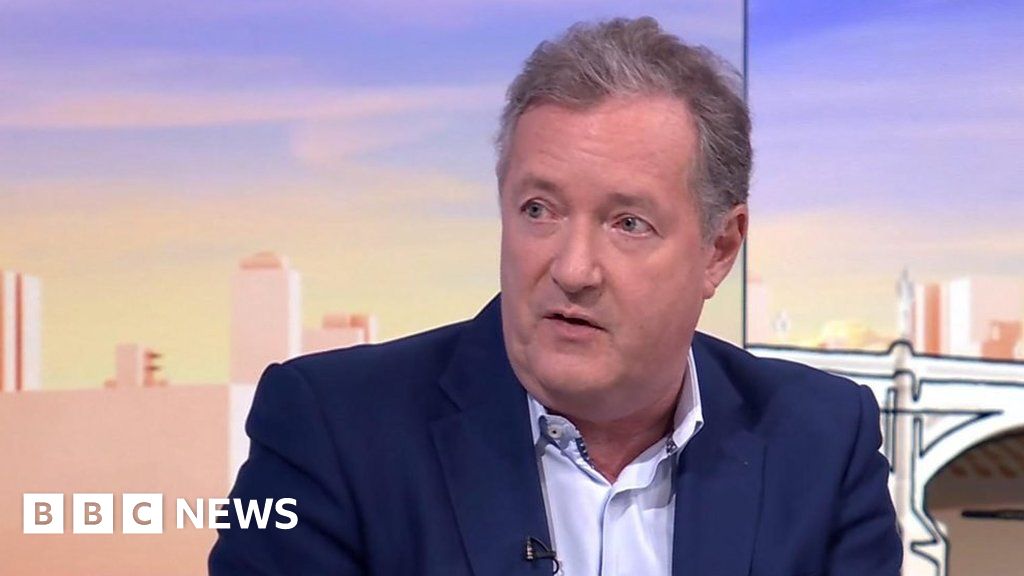Fitness
Beyond Insta Fit: Are We Stressed Watching Endless Fitness Reels?

I was casually scrolling through Instagram when something caught my eye that I couldn’t believe. One woman was confidently deadlifting at the gym, another was demonstrating intense ab workouts, followed by someone showcasing thigh exercises, and then another focused on hip workouts. As I continued, a muscular man was discussing protein brands, and soon after, another person was debunking common dietary myths.
How Many Fitness Reels Are Too Many?
However, one common thread among all these individuals was their impressive physique. However, as someone who has a skinny body, I’ve developed a thick skin over the years, learning not to let bullying, criticism, or jealousy about my body affect me. But what about those who feel inadequate or compare themselves when they see certain body types portrayed as the “ideal standard” not once or twice but a million times a day through these “fitness-influencing” reels?
I wanted to gain another viewer’s perspective, so I spoke with a friend of mine, Sonali Dhiman, 29, from Himachal Pradesh, who works as a social media content strategist and hence is constantly on Instagram. She shared how her feed has been filled with these reels and the impact they’ve had on her.
Dhiman said, “Seeing all those fitness reels makes me feel like I need to hit the gym or at least hit the unfollow button because it makes me feel bad about my body. I’m also convinced that scrolling past fitness influencers burns more calories than actually working out.” She, however, accepts that she shares a love-hate relationship too, as they inspire and demotivate her at the same time.
Why You Should Stop Getting Influenced by Every Fitness Reel That Pops Up
Then, I reached out to a well-known fitness influencer, Pranit Shilimkar to discuss the potential negative impact of fitness videos on viewers. When asked about what strategies he incorporates into his videos to prevent stress or demotivation, the influencer highlighted the significance of promoting positivity and setting realistic expectations in their content.
The influencer stressed, “As someone creating fitness content, I feel like setting realistic goals is more important than showcasing physique. Through my videos, I try to teach people the importance of fitness in their day-to-day lifestyle as it is more important than making them compare themselves with other people.”
The influence of fitness videos is profound, often leading people to adopt workouts or diets without adequate knowledge or guidance. Addressing this issue, Pranit remarked, “People who blindly pursue a slim physique with low body fat need to understand the importance of all fitness components.” He stressed the necessity of educating individuals about comprehensive fitness.
“Influencers should focus on promoting lifestyle changes rather than offering short-term shortcuts or tricks,” Pranit emphasised. He pointed out the importance of channelling content towards educating viewers about sustainable fitness practices and holistic well-being.
I then reached out to a known fitness expert and health coach Simrun Chopra and talking to SheThePeople, she first drew a clear distinction between “influencers” and “experts” within the fitness domain. She noted that while there are numerous credible experts online offering valuable information, influencer content tends to prioritise clickbait and quick fixes rather than focusing on foundational movements and methodical approaches.
The coach emphasised the importance of tailored workouts and stated, “Free workouts do not consider the person’s level. In my programmes, we offer workouts at different levels with modifications, ensuring they are suitable for each individual’s current state.” She highlighted the effectiveness of structured, foundational movements over clickbait influencer workouts that promise quick fixes.
Chopra further elaborates on the potential pitfalls of following influencer-led fitness routines, explaining that such content can leave viewers feeling stressed if they don’t do anything after seeing them and frustrated if they do and are unable to achieve the expected results. Drawing a parallel to teaching maths, Chopra underscored the necessity of a structured approach in fitness training. “For example, if I had to teach a child maths, I would start with the basics of numbers and move to addition, then subtraction, and so on. However, Free fitness videos are the equivalent of starting them in addition, jumping to calculus, then trying the tables, and then jumping to algebra, and then to addition. It’s haphazard and will get you nowhere. It will just get you frustrated.”
Despite potential negative consequences, Mallika Motiramani, also known as @yesmallika on social media, offered a different perspective. As a lifestyle content creator, she recently shared her fitness journey in a unique way that wasn’t cliché. Rather than preaching on how to be “fit,” Mallika explained in the video that childhood bullying fueled a dislike for her body and fueled her aspiration for an ideal physique.
She mentioned that she learned the basics from consuming content, suggesting that others could also find motivation and knowledge from online resources. However, she clarified that she is documenting this fitness journey after six years of hard work on her own body, and “fitness is not her profession but simply a part of her life”.
Mallika stated, “I began creating content at a young age and understand the significant influence that creators have over their viewers. That’s why influencers must provide proper disclaimers to their audience, stating that their advice is based on personal experience and may not work for everyone. They should also encourage viewers to consult qualified trainers, coaches, nutritionists, or experts before making any lifestyle changes.”
She added, “Alternatively, influencers could collaborate with qualified trainers, coaches, nutritionists, or experts to share informed tips. In short, influencers should prioritise educating people rather than prescribing specific exercises and diets. The shift should be from ‘This is what you should do’ to ‘This is what I did to achieve this.'”
“Influencers should be transparent about their expertise and acknowledge that they are not experts and there should be no shame in that,” Mallika emphasised.
Key Takeaways
Based on my research, here are a few key takeaways to consider before you close the tab. First, when you come across a fitness reel on your feed, remember that the person is likely a creator documenting their personal journey, not necessarily a fitness expert. Secondly, fitness creators often achieve their own fitness goals through personal experience, but their routines may not be suitable for everyone. Avoid blindly following their advice without considering your individual needs.
Lastly, focusing on a fit body should also involve nurturing a healthy mindset. Comparing yourself to others who have invested years into their fitness journey can be damaging to your self-esteem and mental well-being.





:quality(70):focal(1012x1929:1022x1939)/cloudfront-us-east-1.images.arcpublishing.com/shawmedia/RKEBJRHK55G5DOPONM3AKK7H4M.jpg)

.jpg;w=1200;h=800;mode=crop)


